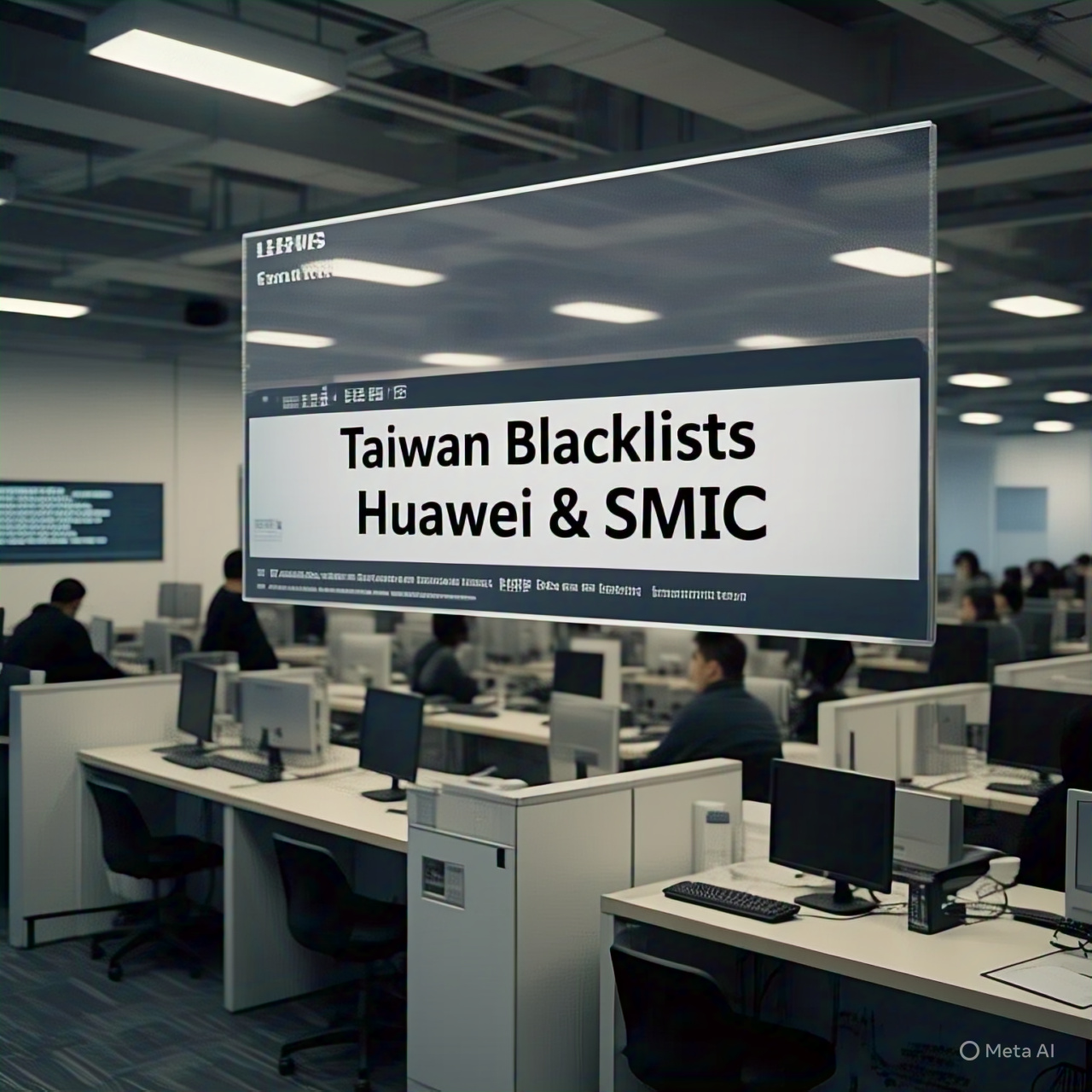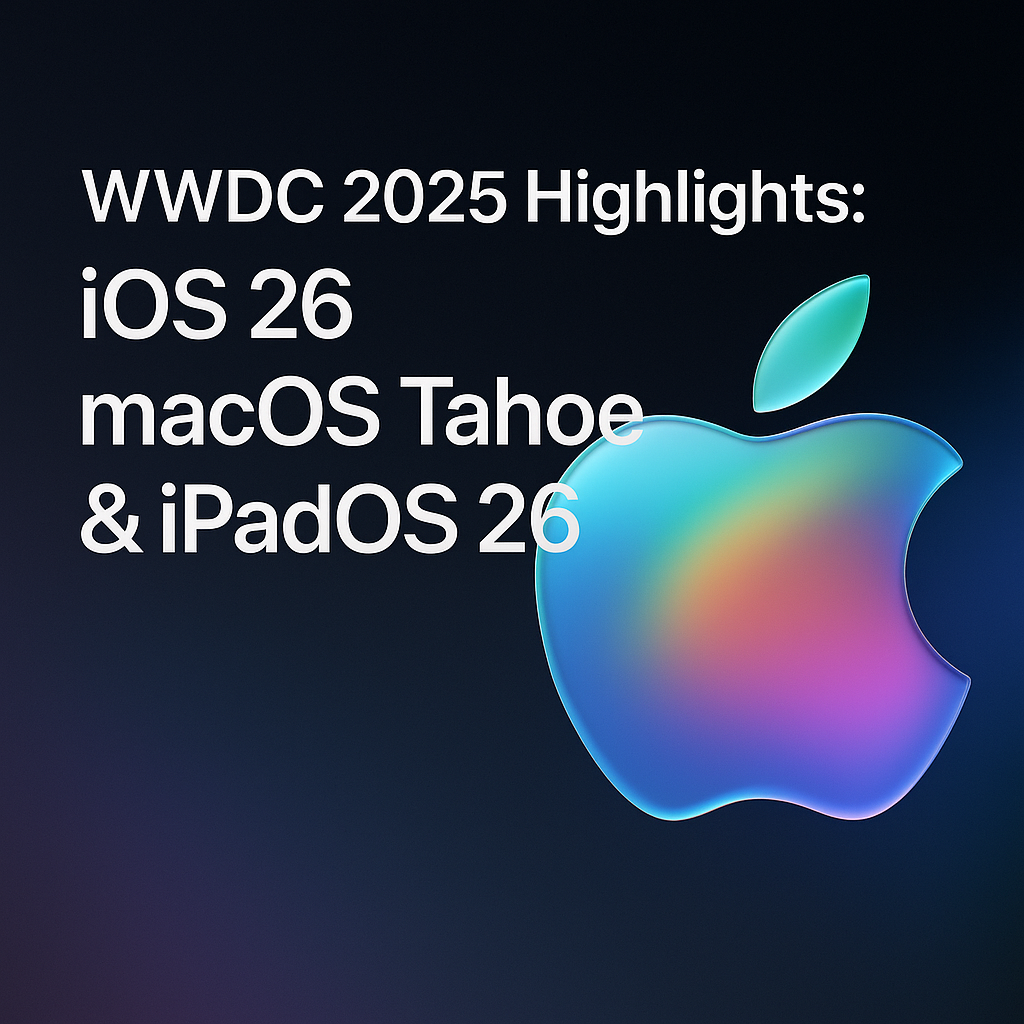Taiwan has added Huawei and SMIC to its export-control list, citing national-security threats. This move, part of escalating cross-strait tech tensions, sends shockwaves through the global semiconductor supply chain
Taiwan has added Huawei and SMIC to its export-control list, citing national-security threats. This move, part of escalating cross-strait tech tensions, sends shockwaves through the global semiconductor supply chain
Taipei, Taiwan — June 16, 2025 — In a decisive geopolitical and technological move, Taiwan has officially blacklisted two of China’s most prominent tech giants — Huawei Technologies Co., Ltd. and Semiconductor Manufacturing International Corporation (SMIC) — citing national security concerns and risks of advanced technology proliferation. The decision was enacted by Taiwan’s Ministry of Economic Affairs (MOEA) via its International Trade Administration (ITA) and was added to the country’s Strategic High-Tech Commodities Export Control Entity List.
This regulatory update, effective June 10, 2025, marks a major escalation in Taiwan’s alignment with U.S.-led efforts to limit the flow of advanced semiconductor and AI technologies to the People’s Republic of China, particularly companies perceived as tied to the Chinese military or state surveillance networks.
Under the new measures:
The move places Huawei and SMIC among 601 entities from countries including China, Russia, Iran, Myanmar, and Pakistan, flagged as posing a threat to peace, national security, or global non-proliferation norms.
This decision represents Taiwan’s most assertive action yet in support of the broader global tech containment effort targeting China’s access to next-generation chip technologies. The global semiconductor industry has seen growing fragmentation, with allied nations forming a defensive tech coalition designed to curb China’s rise in critical domains such as AI chips, 5G networks, quantum computing, and autonomous defense technologies.
The blacklisting aligns Taiwan with the existing U.S. Entity List, which already includes Huawei and SMIC. The United States has barred these companies from accessing American-made chips and tools since 2019 and 2020, respectively.
For Taiwan, this decision serves both domestic and diplomatic objectives:
Huawei is China’s largest telecommunications and consumer electronics company. It has invested heavily in AI, cloud infrastructure, 5G base stations, and chip design. Despite U.S. sanctions, Huawei recently launched new smartphones with advanced AI processors, raising concerns about the source of its technology.
SMIC, China’s largest foundry, plays a key role in producing chips designed by Chinese firms, including Huawei’s semiconductor division, HiSilicon. Though SMIC is behind global leaders like TSMC and Samsung, it has made progress in sub-10nm node fabrication — technology that is considered dual-use and potentially military-applicable.
Taiwan’s decision to cut off access will significantly disrupt both companies’ future product pipelines, particularly in AI accelerators, high-performance computing, and 5G baseband chips.
On Taiwanese Firms
Taiwanese companies exporting anything related to chips, telecom equipment, or AI software must now evaluate the risks and adapt operations to avoid legal and diplomatic pitfalls. Firms like MediaTek, ASE, and Win Semiconductors could see short-term business loss but long-term gains in geopolitical credibility and partnerships.
On China’s Tech Roadmap
China’s path to chip self-sufficiency suffers another major setback. Although Beijing has poured billions into local foundries and R&D, the gap in lithography, advanced packaging, and software tooling remains wide. Huawei’s flagship chips have previously relied on Taiwanese fabrication — access that now appears completely severed.
On U.S.–Taiwan Relations
This move is likely to be welcomed in Washington, further cementing Taiwan’s position as a reliable ally in enforcing high-tech trade rules. It may also unlock enhanced cooperation on chip R&D, security infrastructure, and supply chain resilience.
Taiwan’s June 2025 decision to officially blacklist Huawei and SMIC is a critical turning point in the global tech rivalry between the United States and China. This action adds Taiwan’s regulatory weight to the containment strategy against Chinese technological advancement and represents a coordinated defensive stance in the semiconductor sector.
In the coming months, further export restrictions are expected — possibly expanding to other Chinese firms engaged in AI, robotics, and advanced sensors. Taiwan’s role in the global chip ecosystem will grow even more strategic, and the global chip supply chain will continue fragmenting along geopolitical lines.
The signal is clear: Taiwan is not only the physical heart of chip manufacturing but now also a geopolitical gatekeeper in deciding who can and cannot access the future of computing.
Like
Dislike
Love
Angry
Sad
Funny
Wow
California Bar Introduces Privacy Law Specialization to Meet Digital Era Demands
June 22, 2025Collagen Supplements Boom: Do They Really Improve Skin and Hair Health?
March 15, 2025Twitter Rolls Out New Feature Allowing Users to Tip Influencers Directly
April 08, 2025







Comments 0